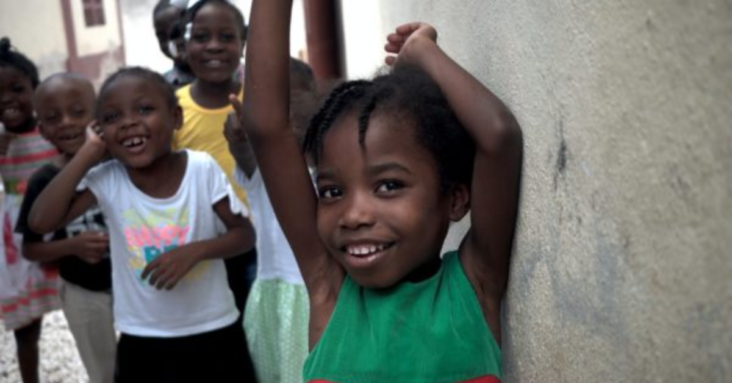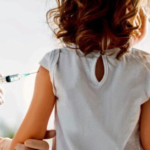“Most people don’t wear a mask,” he said.
By December, most restrictions had been lifted and buses and markets have been crowded in recent months. No one in Haiti has received a single dose of a coronavirus vaccine.
When COVAX, a program run by the World Health Organization, offered Haiti AstraZeneca vaccines, the government declined the offer.
“Because COVID did not impact us as badly, people don’t think it [the vaccine] is worth it actually,” Dr. Jacqueline Gautier, a member of Haiti’s advisory group on COVID vaccinations, told NPR.
According to Pape, there has not been a resurgence of cases. “Sometimes it’s two, sometimes zero, sometimes it’s 20 cases,” he said. “But we are not seeing a second wave, as we had thought would happen.”
Last summer cases rose sharply in Haiti but still never reached critical levels, Ministry of Health data shows. By the fall, the health agency Pape heads closed its COVID units because there were too few patients. Other units have closed in recent months and plans to turn soccer stadiums into oversized hospitals were never executed.
Dr. Sophia Cherestal Wooley, deputy medical coordinator for Doctors Without Borders/Médecins Sans Frontières in Port-au-Prince, spoke with the Tampa Bay Times about Haiti’s low number of cases and death in December.
“We don’t have a large quantity of people who are in bad shape,” she said. “They don’t get sick to the point that they need to be hospitalized and we don’t have the same quantity of people who have died here like in the Dominican Republic.” (Haiti shares the island of Hispaniola with the Dominican Republic.) She added, “Sincerely, I don’t have an explanation as to why,”
Speaking to NPR, Gautier said Haiti’s young population has protected it from higher numbers of coronavirus cases and deaths. The average of the population is just 23, and younger [people are less likely to suffer from severe symptoms of the virus. In addition, homes in Haiti are constructed in an open fashion that allows for significant ventilation, which has been shown to reduce indoor transmission of COVID.
While the precise reasons for the low number of cases and deaths in Haiti remain hard to identify, The Pan American Health Organization announced plans last year to test Haitians for COVID antibodies to determine what percentage of the population has already contracted the virus.




